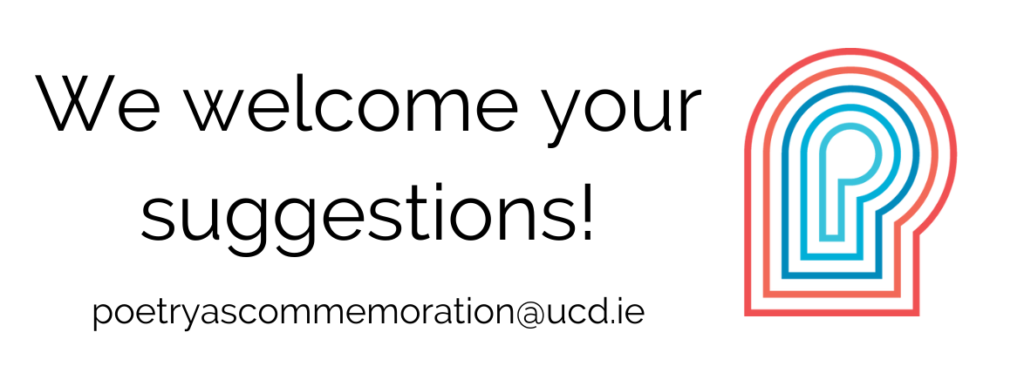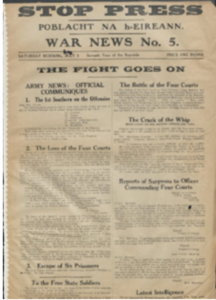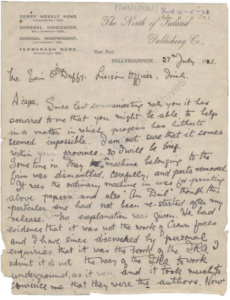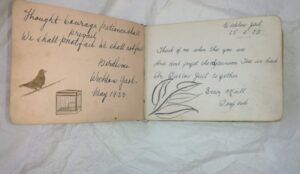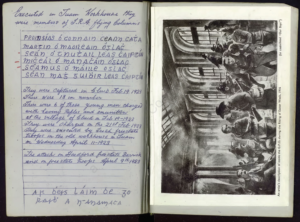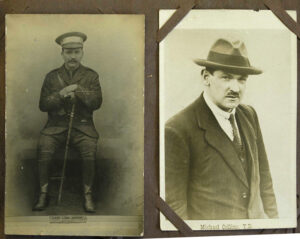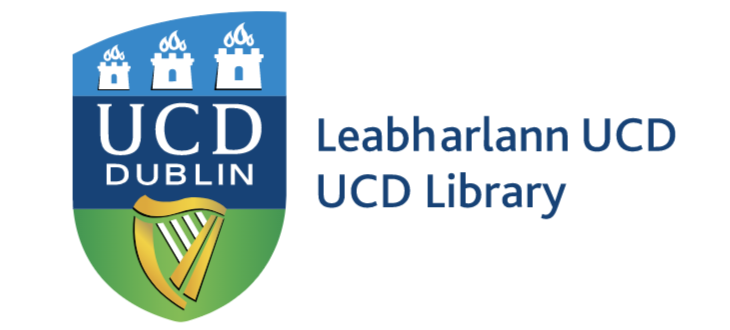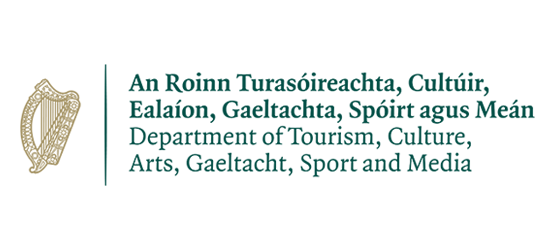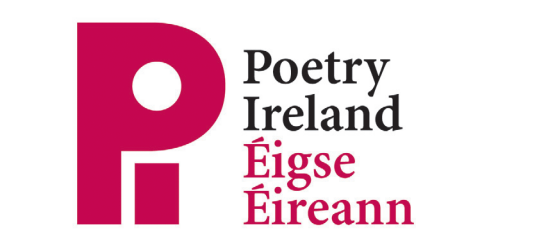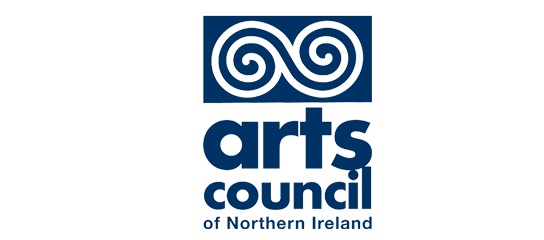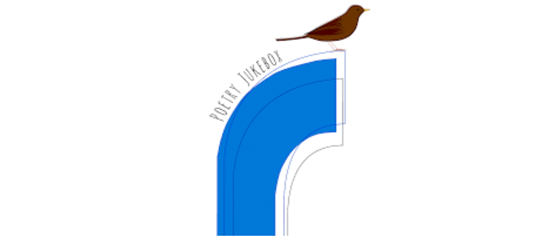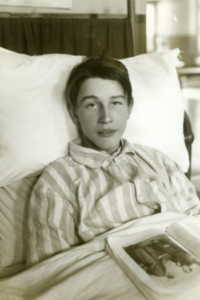
Irish Free State Army soldier, Thomas MacMahon, armoured car and machine gun division who sustained a hip wound on Dame Street. (UCD A P80/PH/119 Desmond Fitzgerald photograph).
There is no single master narrative of a country’s past, just versions and interpretations of a wide array of puzzle pieces ranging from official records, books, and newspapers to personal diaries, correspondence, and photographs.
Archives and libraries hold these puzzle pieces and, therefore, hold the stories of our past, revealing the activities of groups and organisations as well as the experience of individuals. They help us to understand the circumstances that formed us – how and why we became what we are. Primary sources enable encounters with the past which can be both moving and transformative.
Across Ireland there are collections relating to the revolutionary period in county archives and in local studies libraries as well as those that are held in universities and national institutions.
All of these repositories welcome members of the public and many have extensive digital archives.
These archival collections of photographs, personal letters, administrative records and ephemera, provide a tangible link with the past. Interaction with objects like these created during the revolutionary period can be emotive and inspiring for users.
The materiality of the object, the quality or colour of the paper on which a letter is written, the handwriting style, the size of a notebook or a poster, all impact on the user’s experience of and understanding of an object.
Material in these archives and libraries will be the source of poetic responses to commemoration of the War of Independence and Civil War.
Below we provide lists of repositories containing archives, ephemera and newspapers relating to the War of Independence and the Civil War.
